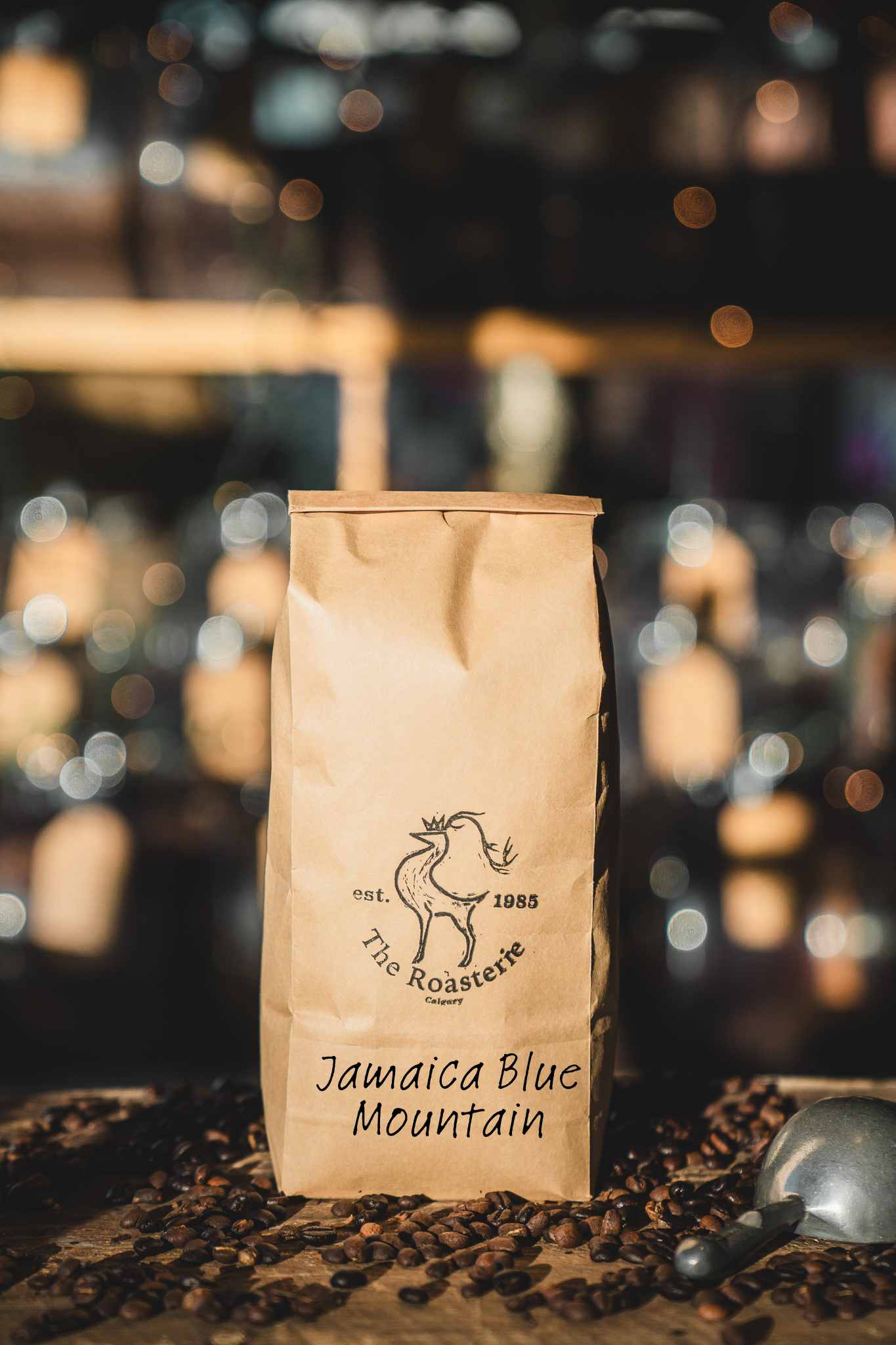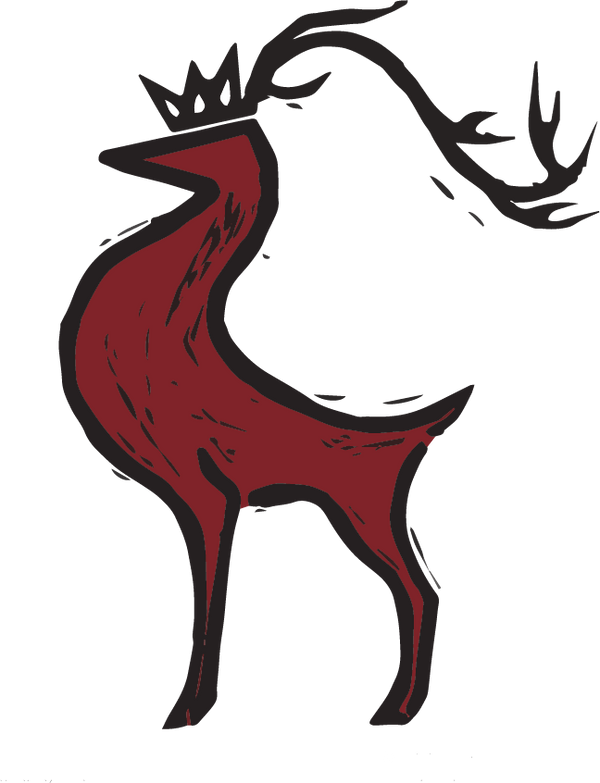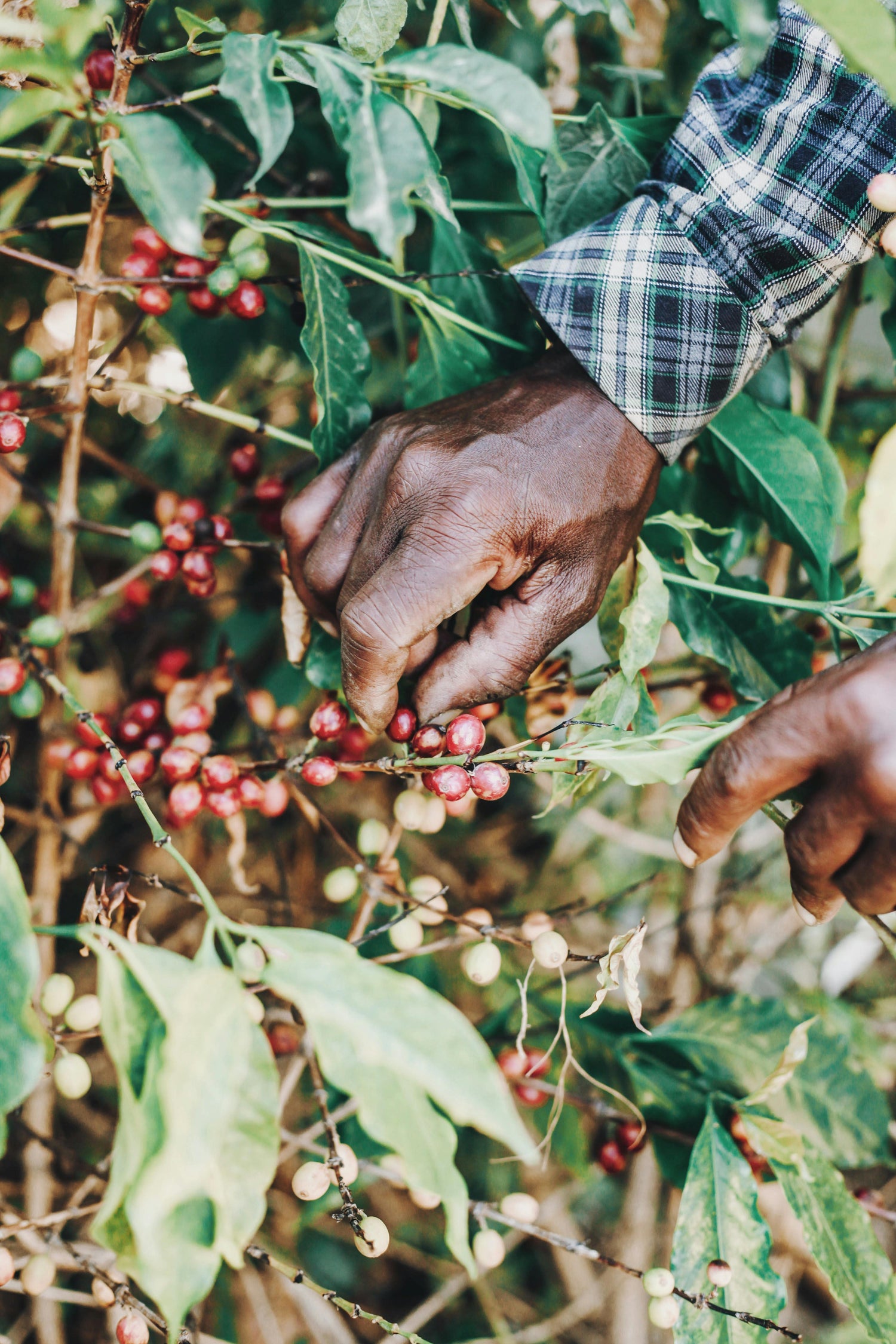
Why Does a Cup of Jamaica Blue Mountain Cost as Much as Your Lunch?
Let’s be honest—coffee isn’t just a drink. For many of us, it’s a ritual, a reward, or maybe even a lifeline. But when you hear names like Jamaica Blue Mountain, Kona Extra Fancy, or Guatemala Geisha, it’s hard not to do a double-take at the price. Why is that bag of beans as expensive as a dinner out?
Here’s the scoop.
The VIP Treatment Begins on the Farm
Think of Jamaica Blue Mountain as the Beyoncé of coffee. It’s exclusive, perfectly crafted, and in high demand. Grown on a tiny patch of land in Jamaica’s Blue Mountains, these beans get the VIP treatment from start to finish. The high altitude, cool climate, and volcanic soil all combined to make magic—but only so much of it.
Kona coffee from Hawaii? Same story, different island. It’s grown on small family farms in rich, volcanic soil, and every bean is hand-picked. The supply is small—there just isn’t enough land to grow it like any usual Arabica.
And then there are the Guatemalas - Geisha, Quenn Geisha, Winey-Geisha - you name it! Grown on select estates in limited quantities. These beans don’t just grow—they’re practically nurtured like newborns. Some are fermented with extra care and turned by hand every hour to prevent moulding and maintain flavour purity.
It’s next-level dedication.
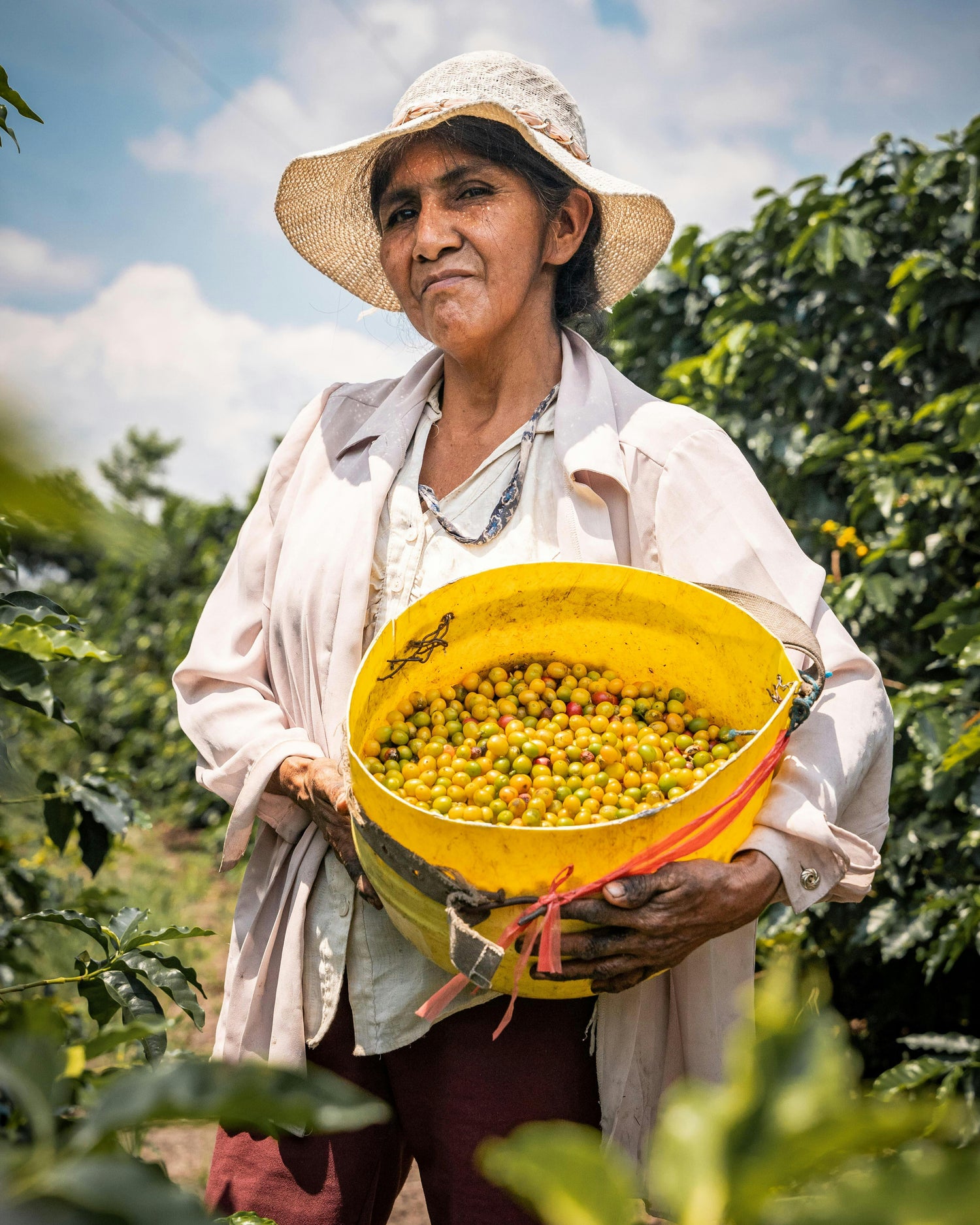
Labour of Love (And a Lot of Labour)
Here’s a fun fact: the beans in your cup of specialty coffee were hand-picked. Yep, by people—not machines.
Farmers climb steep slopes to select only the ripest cherries, one by one.
It’s back-breaking work, but it ensures you get the best of the best.
Then there’s the processing. For some of these coffees, fermentation takes on an almost artisanal quality. Those turning sessions we mentioned? That’s just one example of the meticulous care that goes into making sure every single bean is perfect.
After all that, the drying and roasting happen with surgical precision. Specialty coffee isn’t just thrown into a roaster and hoped for the best. It’s treated like fine art, and that level of detail comes with a price.
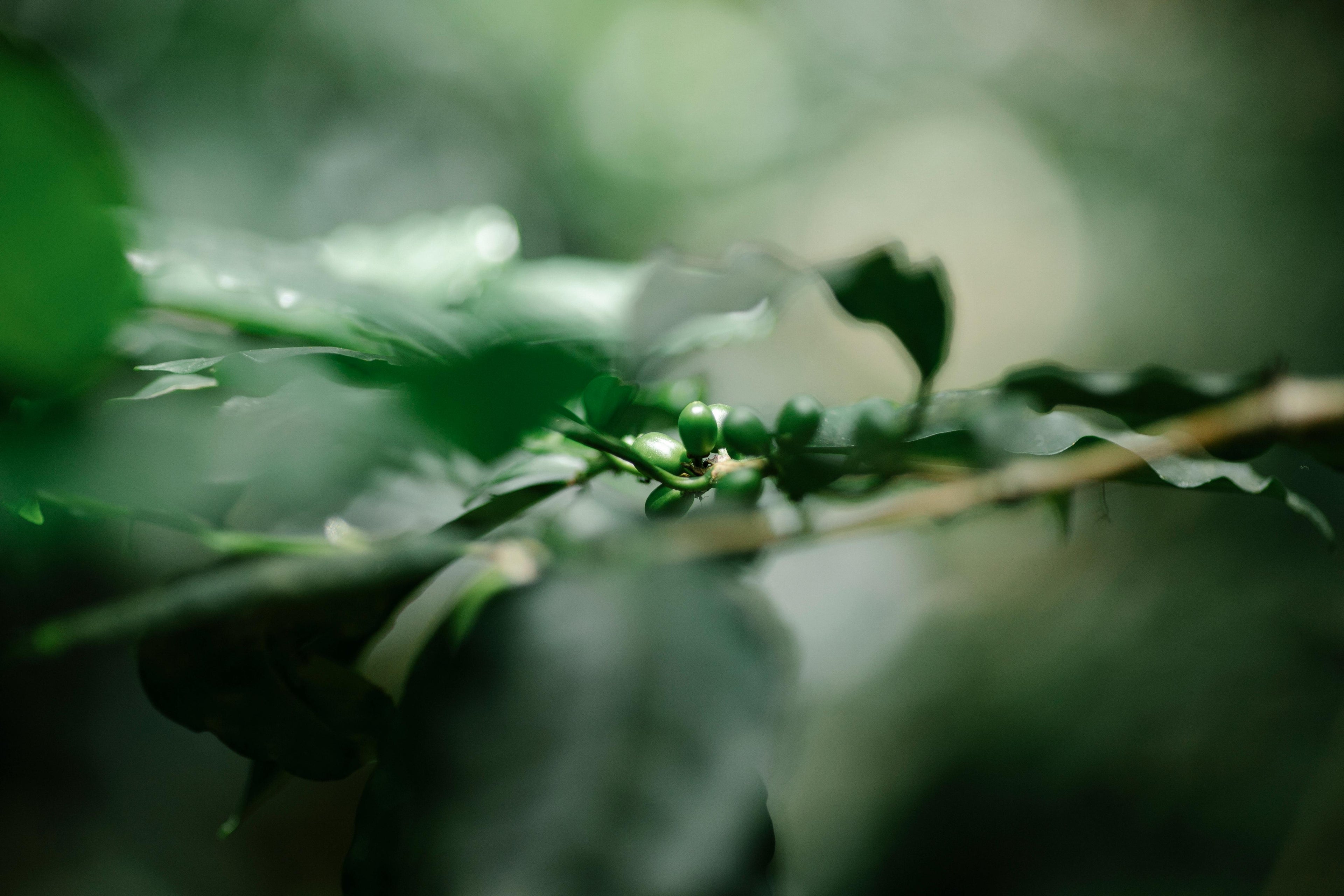
Shipping Costs (AKA Why Canada Doesn’t Grow Coffee)
We live in Canada, where the winters are long, and coffee farms are, well, non-existent. Specialty coffee has to travel thousands of kilometres to reach us. Add in shipping, taxes, and import duties, and suddenly, your coffee has racked up quite the travel bill.
Plus, small-batch coffee like this doesn’t ship in bulk like your regular grocery-store stuff.
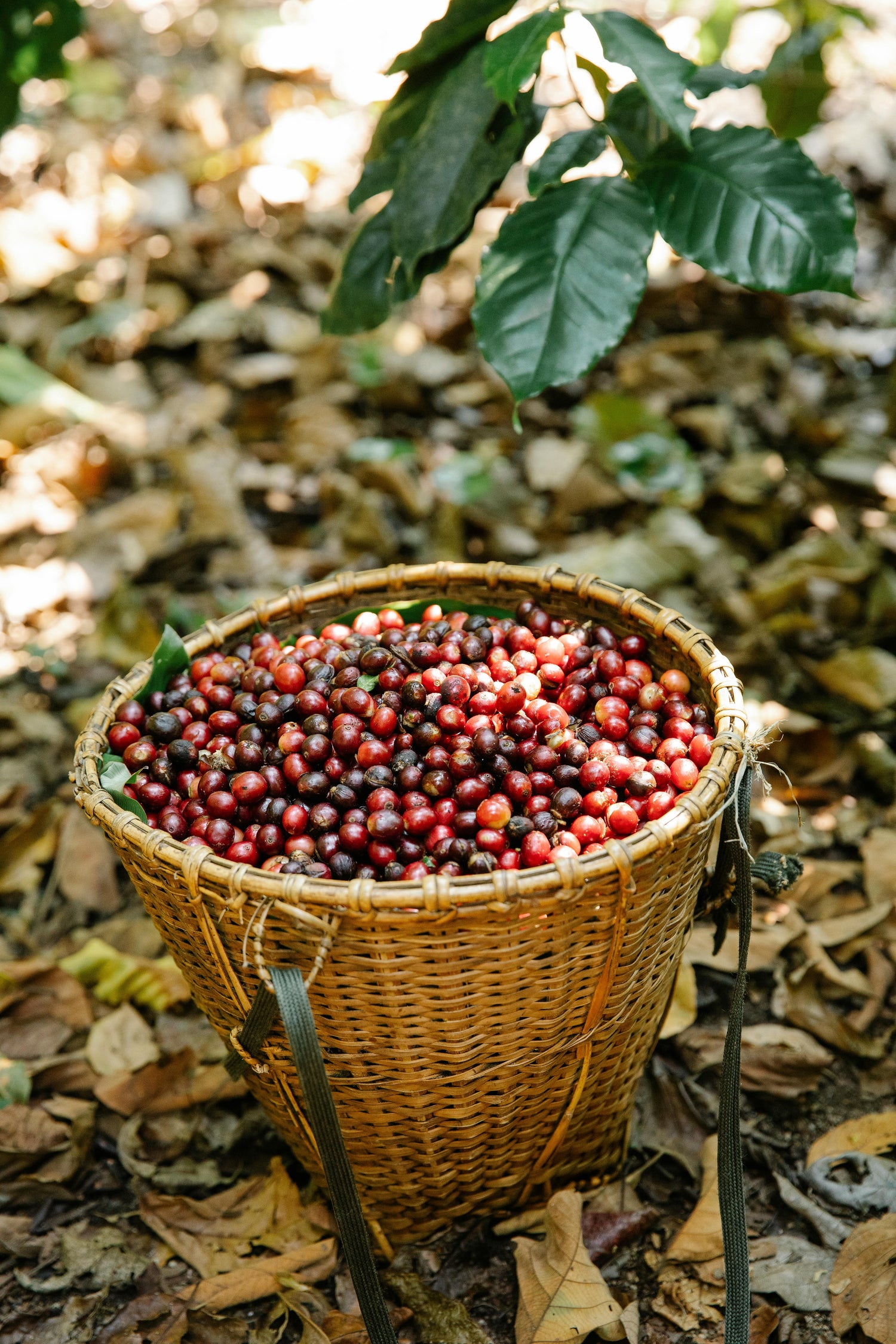
Certification: The Fancy Sticker Tax
If you’ve ever wondered why Jamaica Blue Mountain has such a big name, it’s partly because it comes with a certificate of authenticity. These certifications aren’t just handed out—they’re earned. Farmers and exporters pay extra to prove their coffee is the real deal.
And then there’s the prestige.
Let’s face it: part of what you’re paying for is the bragging rights.
A bag of Kona Extra Fancy says, “I have excellent taste, and I know it.”
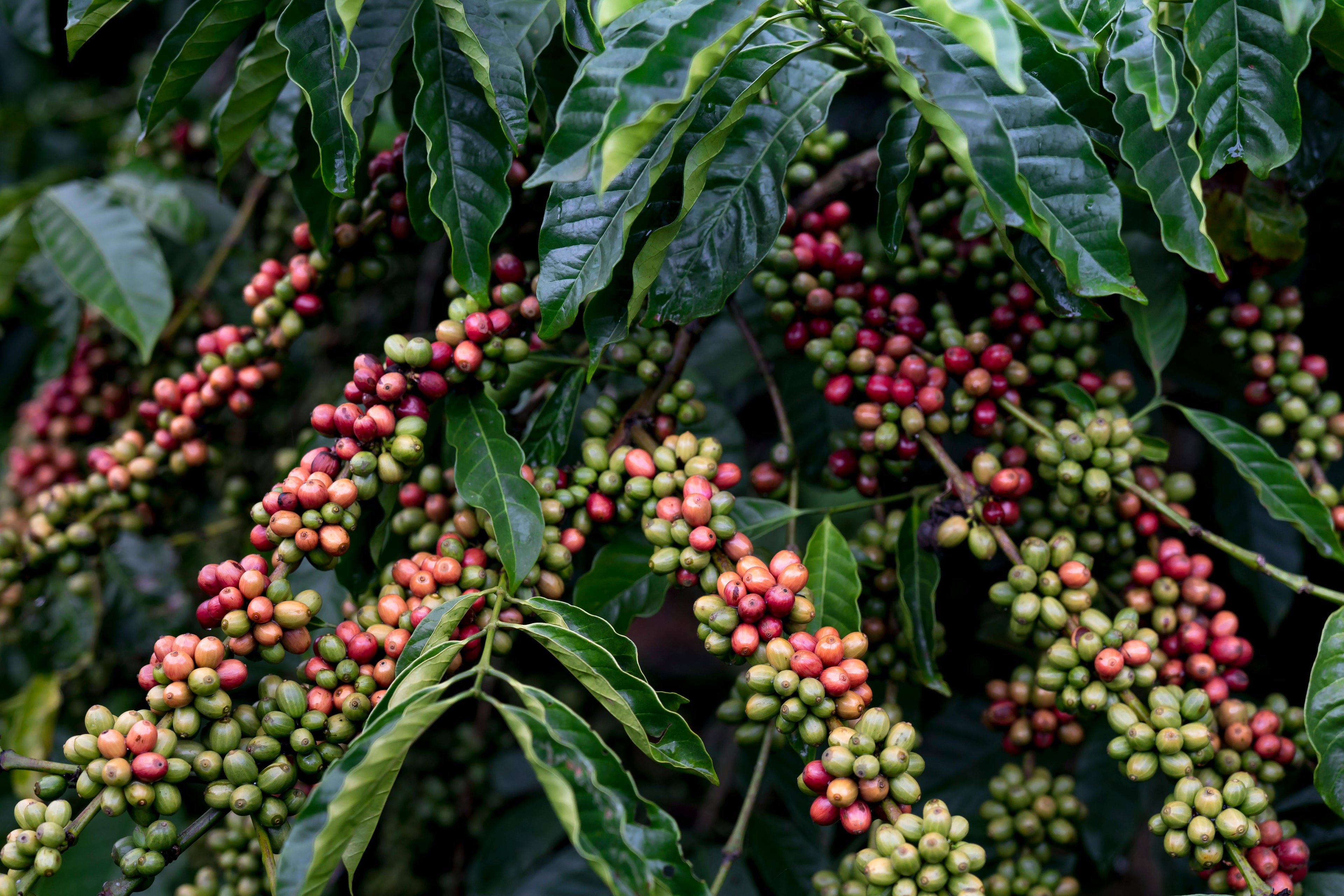
Worth Every Penny?
Here’s the thing: these coffees aren’t just premium for the sake of being fancy. The taste is phenomenal. Jamaica Blue Mountain is smooth and balanced, with just a hint of sweetness. Kona coffee is rich and nutty, like a warm hug in a cup. And those Guatemalas? They’re floral, fruity, and downright dreamy. Sure, they’re high-end. For a coffee lover, these beans are more than just a drink. They’re an experience. And hey, if you’re going to splurge, why not do it on something you sip and savour every day?
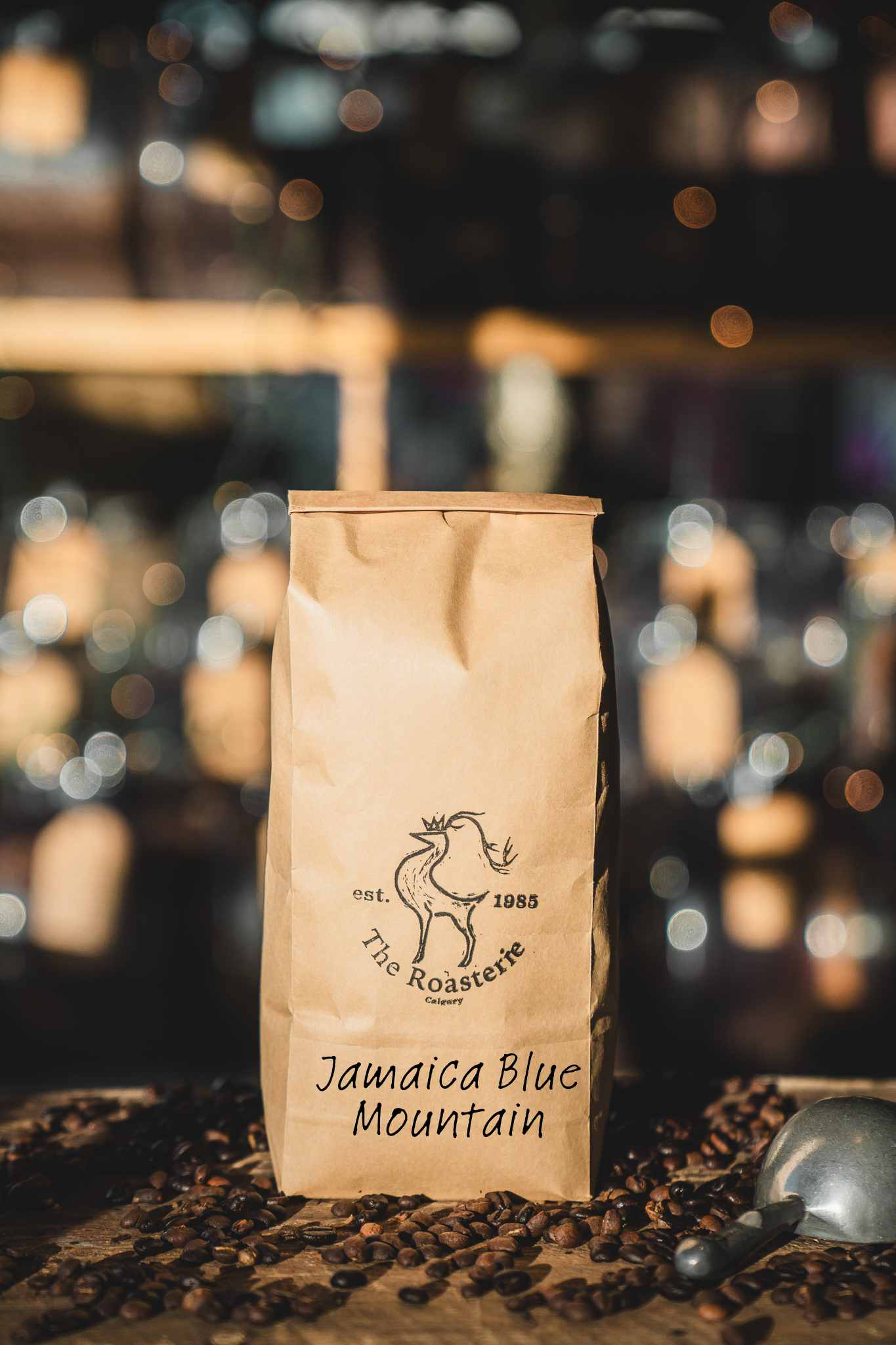
theroasterie.com
Jamaican Blue Mountain
Share
